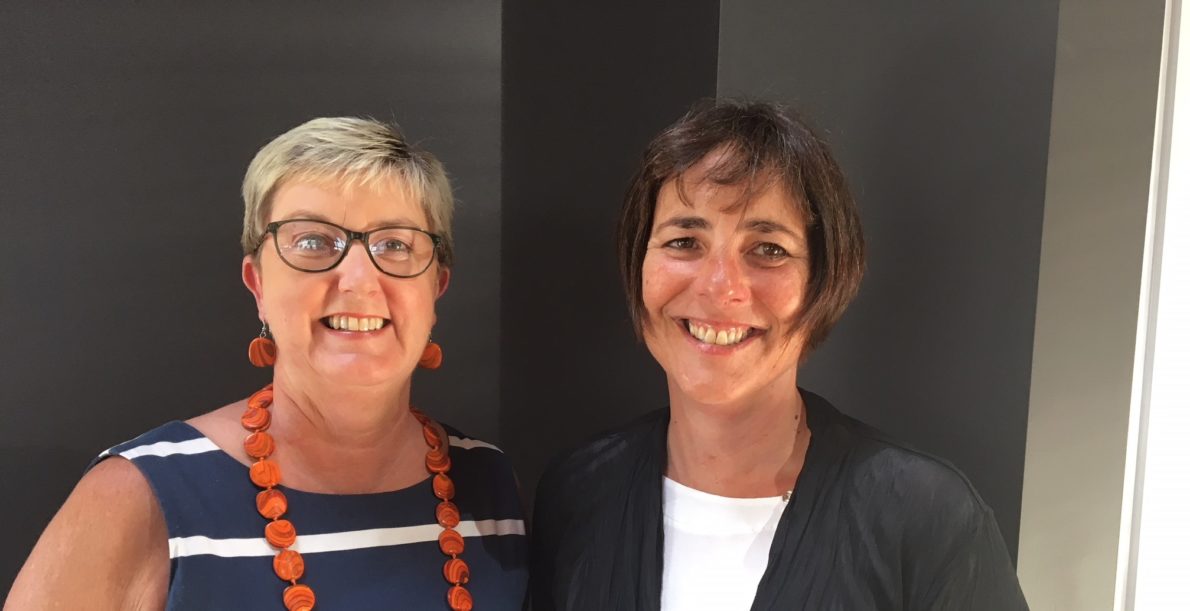Building a resilient organisation is more than just making sure the crisis management team knows what to do when things go wrong.
Kestrel Director Karen Stephens says it’s also important to take a bigger picture view across an entire organisation.
“When one of our clients wanted to understand how integrated its crisis management and business continuity was across the organisation, we decided to collaborate with Resilient Organisations to find the answer.”
Karen says the longstanding client has always been a forward thinker in terms of resilience and is currently going through a significant amount of change.
Crisis management maturity
“They approached us to help them understand how mature their crisis management and business continuity planning is. I’d just finished reading a book by Erica Seville of Resilient Organisations and thought their holistic approach to building resilient organisations would be of benefit.”
“They look at what resilience means for the organisation as a whole – not only its plans and procedures but its culture and relationships too.”
This approach complements the in-depth look at business continuity and crisis management that Kestrel specialise in, says Karen.
Resilient Organisations
Based out of Christchurch, Resilient Organisations works with businesses and organisations to make sure their entire systems and structures can handle whatever comes their way.
Tracy Hatton, a senior consultant for Resilient Organisations says their company looks at 13 indicators of resilience, including things like the leadership team’s ability to enact their plans and engage with their entire staff (not just ones on the crisis management team).
“We’re looking at the threats and risks for the whole organisation – we’re also looking at their external relationships and their partnerships with others – their ability to call upon others so they can join together to cope with difficult situations.”
Work for the client started with a survey across the entire organisation nationwide. Following that, Kestrel and Resilient Organisations ran joint focus groups with staff in Auckland, Hamilton, Wellington and Christchurch, for a deeper look at the organisation’s ability to respond to change.
Karen conducted a detailed review of the organisation’s plans, documents, policies and procedures.
“We then completed a benchmarking report, so they have a baseline to compare to in the future. The report included observations highlighting specifics across the organisation.”
Karen says it was a chance for their client to see how the different indicators compared in different locations. “That means they can now take a closer look in a certain location where things are working well and see how that could be replicated elsewhere.”

